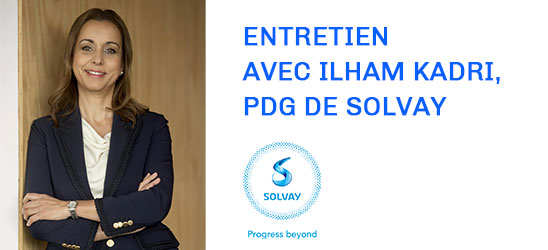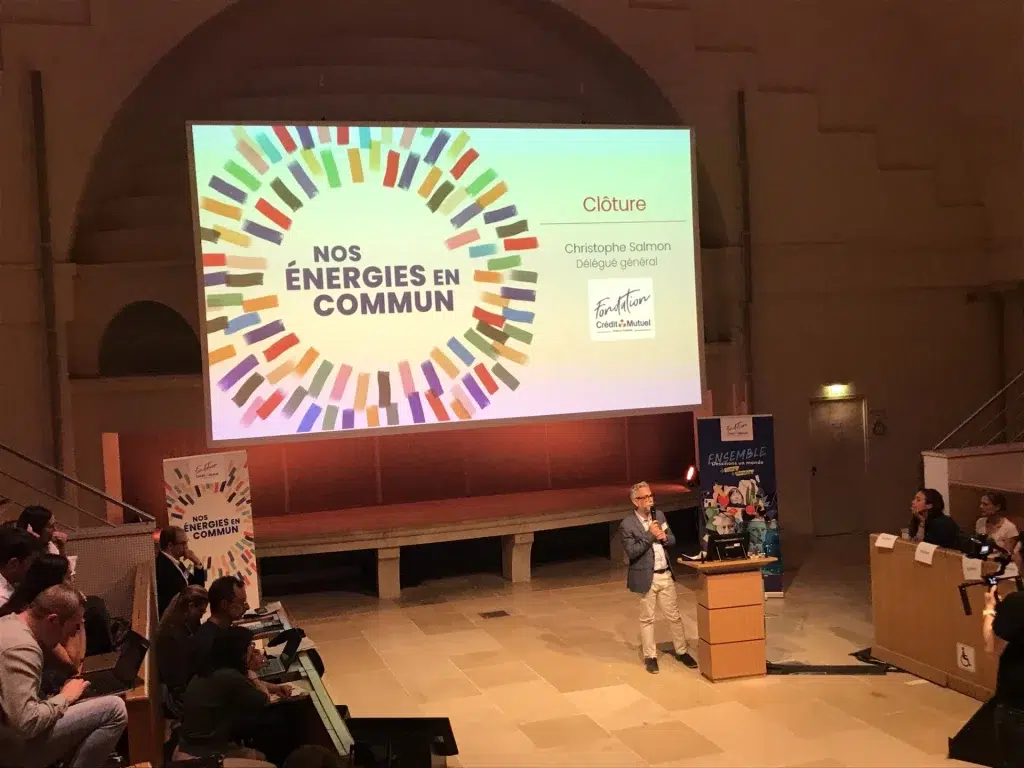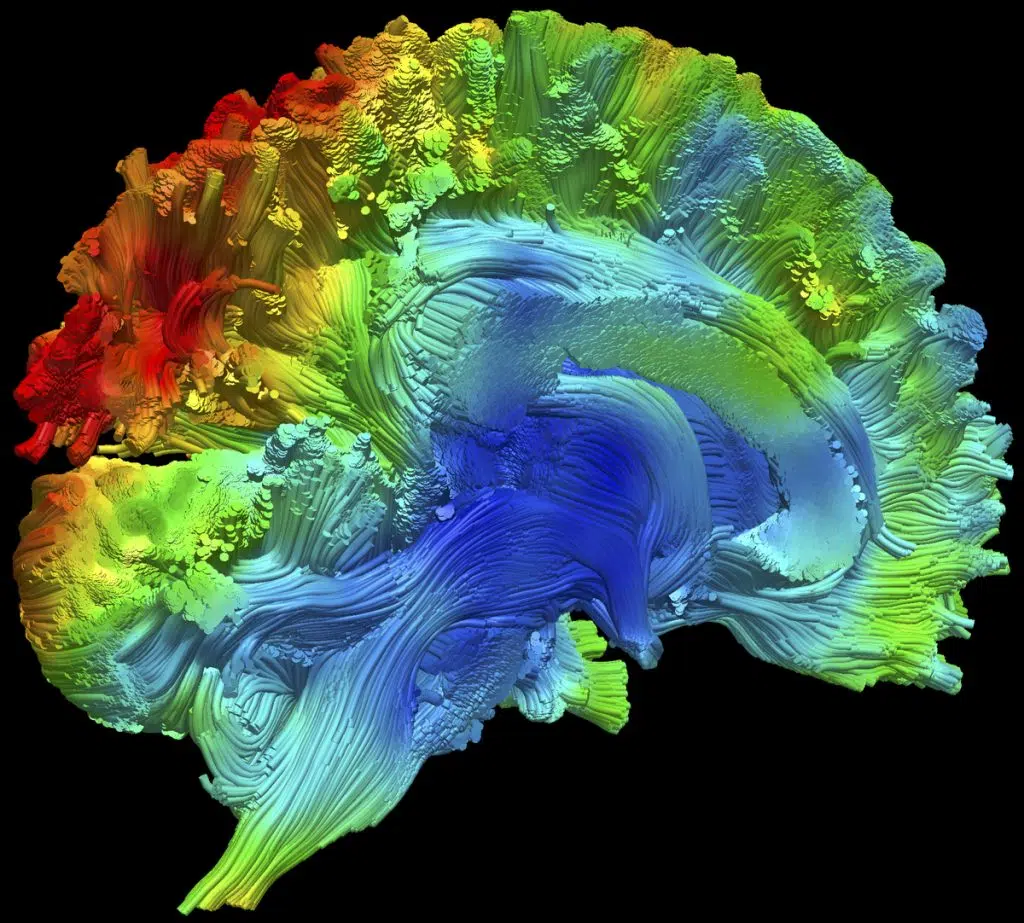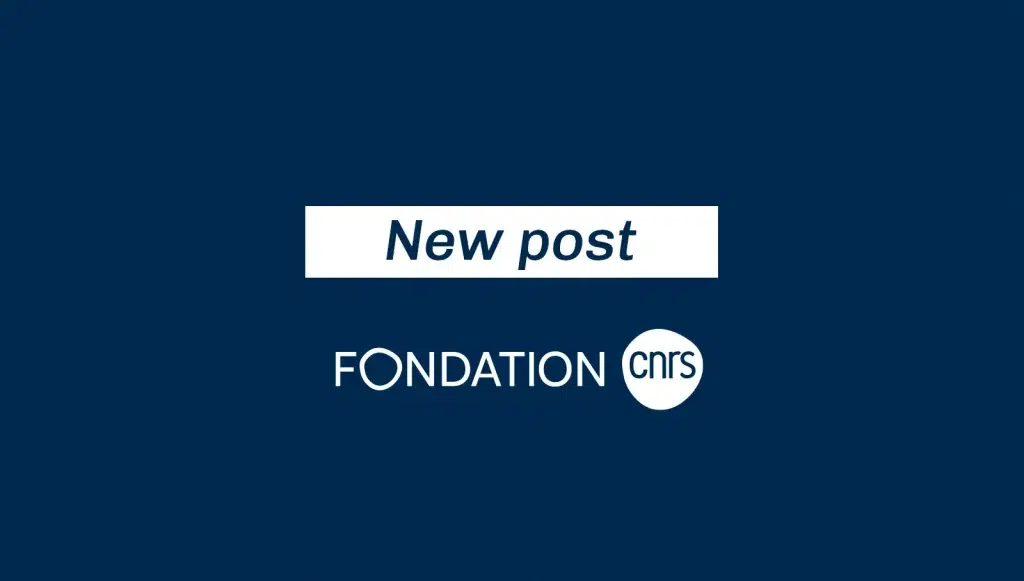Interview with Ilham Kadri, Solvay CEO
Ilham Kadri, CEO of Solvay, and the CNRS Foundation
Ilham Kadri is CEO of Solvaya Belgian industrial chemical group whose scientific collaboration with the CNRS goes back forty-five years. It was therefore only natural for her to join the Board of Directors of the CNRS Foundation when it was created. Today, she talks about her commitment to the foundation.
Can you tell us about the links between CNRS and Solvay?
The links between our two organizations are very strong. Forty-five years of collaboration, one of the first with an industrial company in the chemical sector, and in all forms: research contracts, consultants, joint research units, exchanges of experienced researchers, hiring of researchers trained in CNRS laboratories, strategic exchanges at Board level, Scientific Council level, and more recently the Foundation. By pooling our knowledge, expertise and talents, we have been able to achieve remarkable results in research and innovation, faster, particularly in specialty polymers and sustainable chemistry.
What are the objectives of this collaboration?
We have a vision of a long-term partnership, but one that evolves, with mutual trust as a result.
For Solvay, this collaboration represents access to very high-level scientific and technological skills in all disciplines, early access to a potential for differentiation in the market and therefore to a precious competitive advantage. We also benefit from high-quality training and regular updates, which nourish and challenge our scientific teams.
For CNRS, it’s a way of sharing major industrial challenges, leveraging skills and potential innovations, challenging industry on the realism of certain ideas, inventions and prototypes, and supporting training by funding theses and post-doctorates.
For example, the joint units between Solvay and CNRS enable us to make joint progress in scientific knowledge, as in our polymers and advanced materials laboratory in Lyon, where we are working on the impact of reinforcements within polymers and elastomers, with major spin-offs in the use of precipitation silicas to improve tire properties (strength, grip, impact on lower fuel consumption). In Shanghai, the EcoEfficient Product and Processes Laboratory is an international laboratory in which Solvay and CNRS teams focus on sustainable, biosourced and recycled chemistry. Our work aims to optimize reaction stoichiometry, and improve yields through innovative catalytic processes, including modeling and artificial intelligence tools.
As Solvay CEO, which projects are particularly close to your heart?
In my opinion, science has always had a crucial role to play in the progress of mankind. There can be no sustainable development without science, chemistry and research. So the projects we have in common, which I greatly admire, are notably those linked to sustainable chemistry, such as the new products and processes developed by the joint research units at E2P2L, for example, including biosourced products. There are also projects on robotics and microfluidics as a tool for accelerating research at LOF, projects linked to digital issues and, finally, biotechnologies. To succeed, these projects require trusted partners like the CNRS Foundation.
What is your commitment to the CNRS Foundation?
As a scientist and a woman in industry, I believe in the power of science to shape a circular world, cleaner mobility, a more sustainable industry that emits less greenhouse gas and is also more equitable. The Foundation plays a key role in building this brighter future, and I’m honored to sit on the Board of Directors alongside leading scientists and representatives of business and civil society, who set the course for this fine organization.
What role does philanthropy play in scientific research today?
Philanthropy in scientific research has a major role to play. I’ve had a lot of experience of it in the United States, and it’s a good thing that the CNRS Foundation is occupying this space in Europe.
Philanthropy provides considerable support for different types of project: the most upstream, the riskiest or the most exploratory. Foundations must choose their projects accordingly, and not invest in subjects that have already been funded. This philanthropic support complements targeted corporate partnerships, or consortia of business angels (angel investors).
Moreover, at Solvay our philanthropic heritage rewards science through the Solvay Prize. In 2013, we awarded this prize to Professor Peter G. Schultz (USA), in 2015 to Professor Ben Feringa (Netherlands), who went on to win the Nobel Prize, in 2017 to Professor Susumu Kitagawa (Japan), in 2019 to Professor Carolyn Bertozzi ( USA) and finally, this year, we presented the Prize to Professor Katalin Kariko (Hungary-USA) for her essential contribution to the development of messenger RNA-based vaccines.




